The long-awaited Nairobi-Mombasa Expressway has finally secured first-stage approval for construction under a public-private partnership (PPP) model, paving the way for the project to progress to the development phase.
The National Treasury announced the breakthrough, revealing an estimated cost of $3.6 billion (Sh555.09 billion) for the 473-kilometre project aimed at alleviating heavy traffic congestion and sluggish speeds between the two Kenyan cities.
"Mobilisation of private sector resources is key to expanding key trunk networks like the Mombasa-Nairobi Expressway," the Treasury stated.
"Having received first-stage PPP committee approval, the project is now ready for development."
Previously, the multi-billion shilling project attracted interest from international players like Korean Overseas Infrastructure and Development Corporation (KIND) and American firm Bechtel, which partnered with US Capital Investment Company Everstrong Capital.
Read More
In 2018, the estimated cost stood at around Sh300 billion.
However, Bechtel's involvement fell through due to conflicting financing models.
The Parliamentary Budget Office (PBO) reported in 2021 that Bechtel rejected Kenya's toll-based model, favouring a construction-payment model instead.
This, according to the PBO, would necessitate substantial government borrowing, pushing public debt further and stalling the project.
Furthermore, Bechtel's demand for a "virgin land corridor" – unutilized land for the project – clashed with KeNHA's existing reserve along the current route, leading to land acquisition complications and further delays.
Toll fees were initially planned for the new expressway, but the PBO's study highlighted the limitations of the toll model in Kenya.
Only sections with traffic exceeding 5,000 vehicles per day are viable candidates, and the Nairobi-Mombasa stretch currently falls short of that threshold.
Bechtel, however, argued for an alternative EPC (Engineering, Procurement, and Construction) model, where the contractor secures funding.
This, according to the PBO's 2021 report, would inflate the project cost to a staggering $15 billion (Sh2.23 trillion) and significantly extend the construction timeline.
With the first-stage approval now secured, the project appears to be back on track, albeit with a revised PPP model and potentially revised financing approaches.
Whether this ambitious undertaking can deliver on its promise of faster, smoother journeys between Nairobi and Mombasa remains to be seen, but the recent development marks a significant step forward in addressing the region's chronic traffic woes.


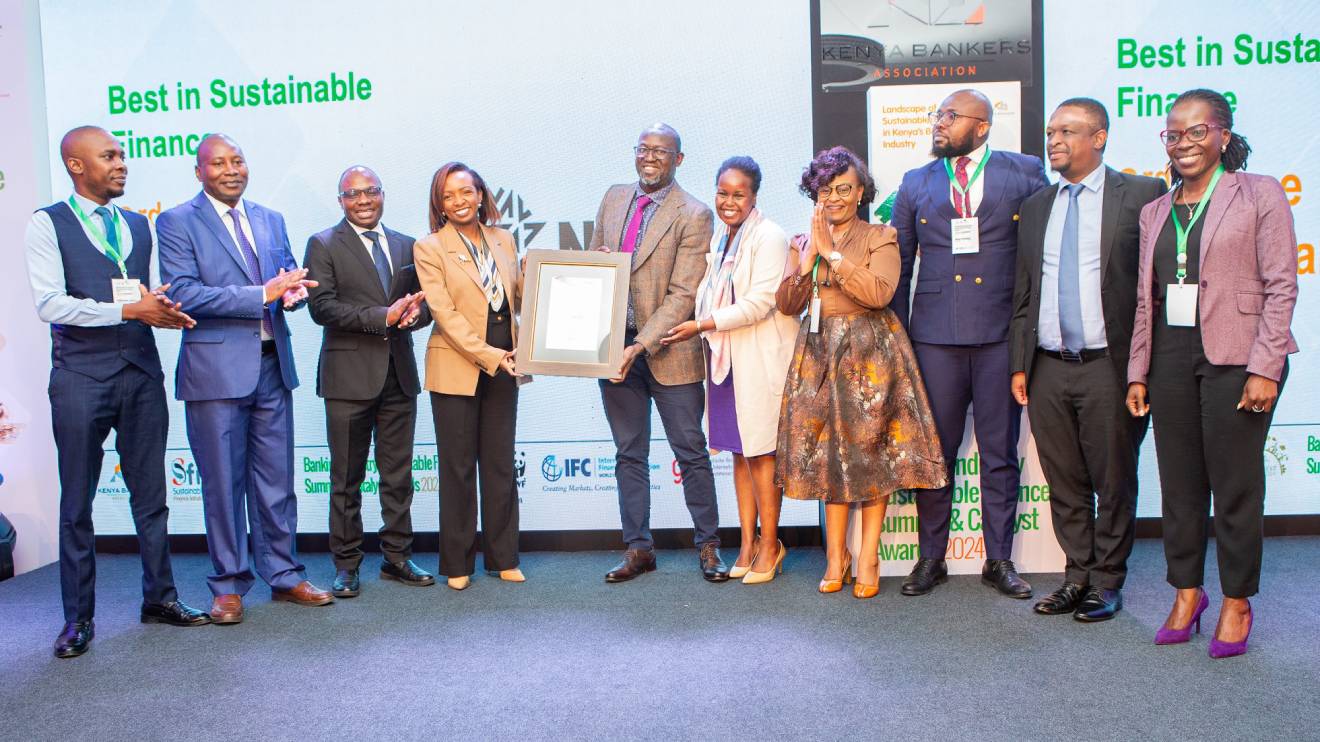
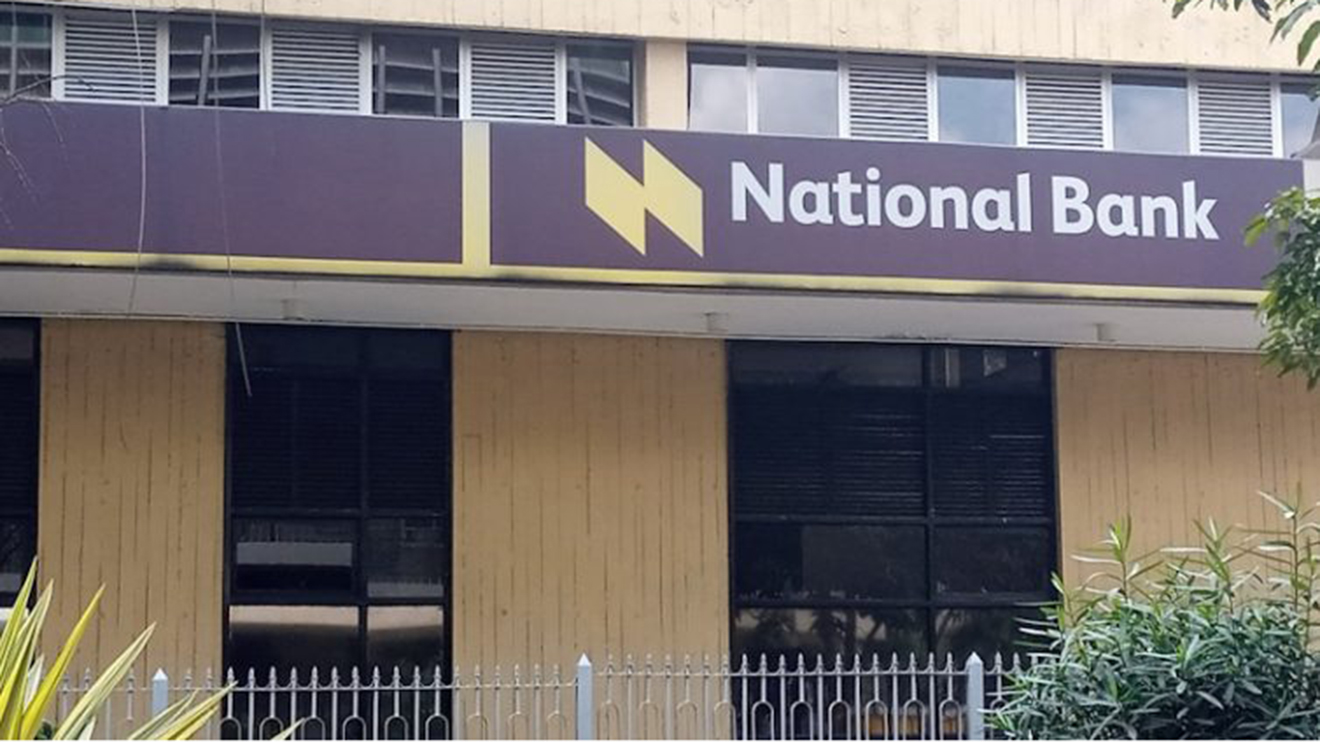
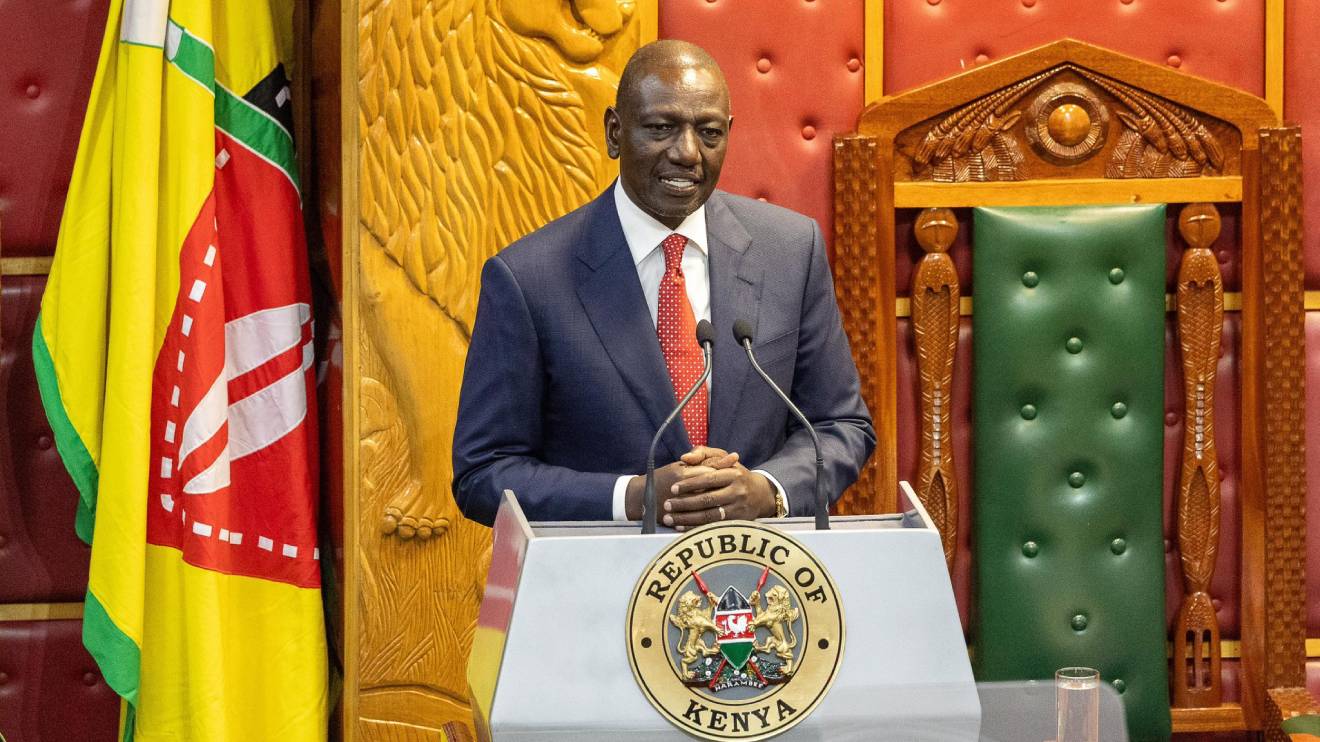
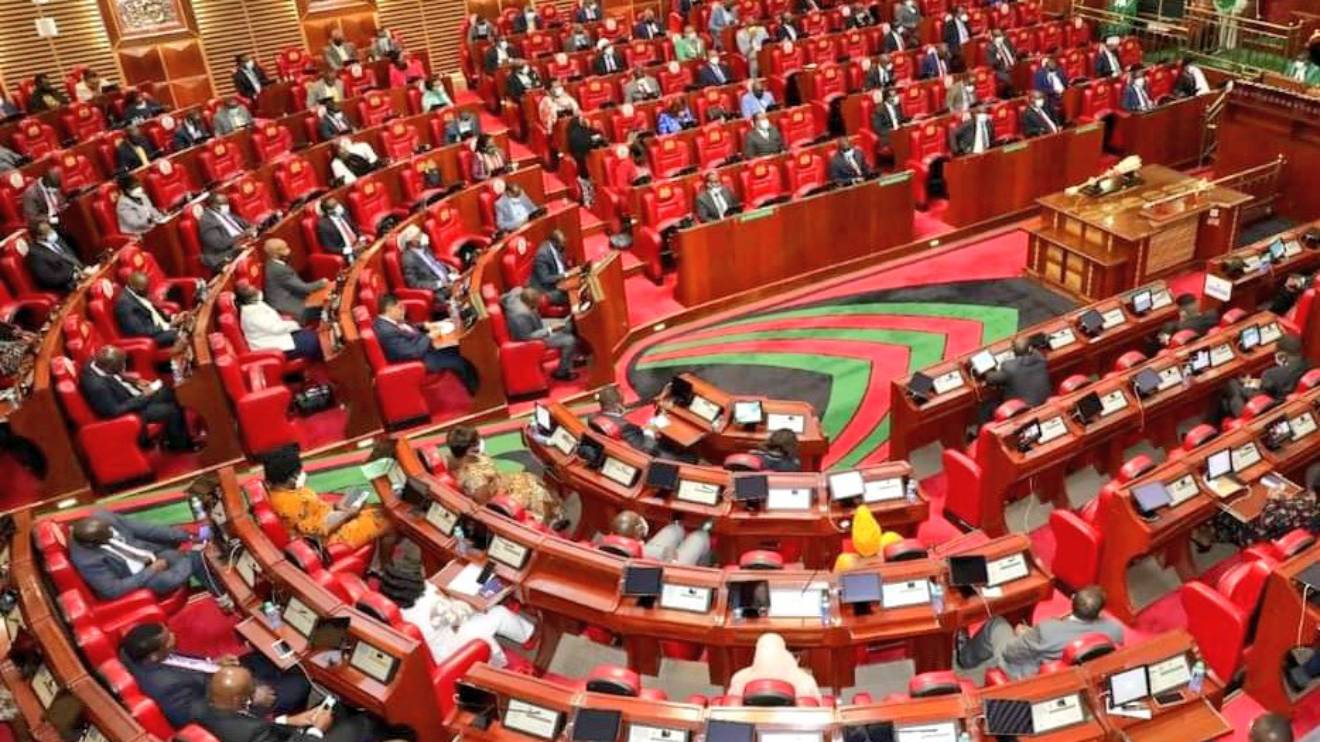
-1732228005.jpg)
-1732185003.jpg)

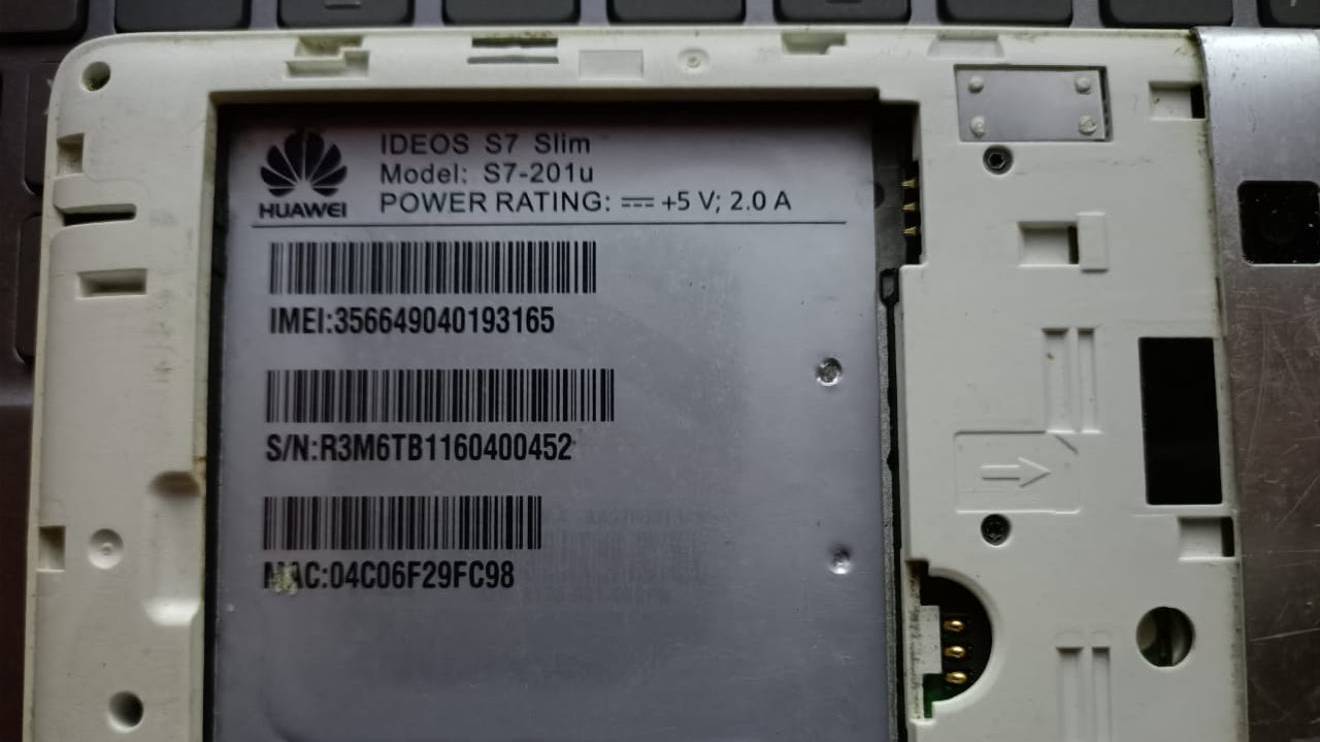
 (1)-1732264169.jpg)
